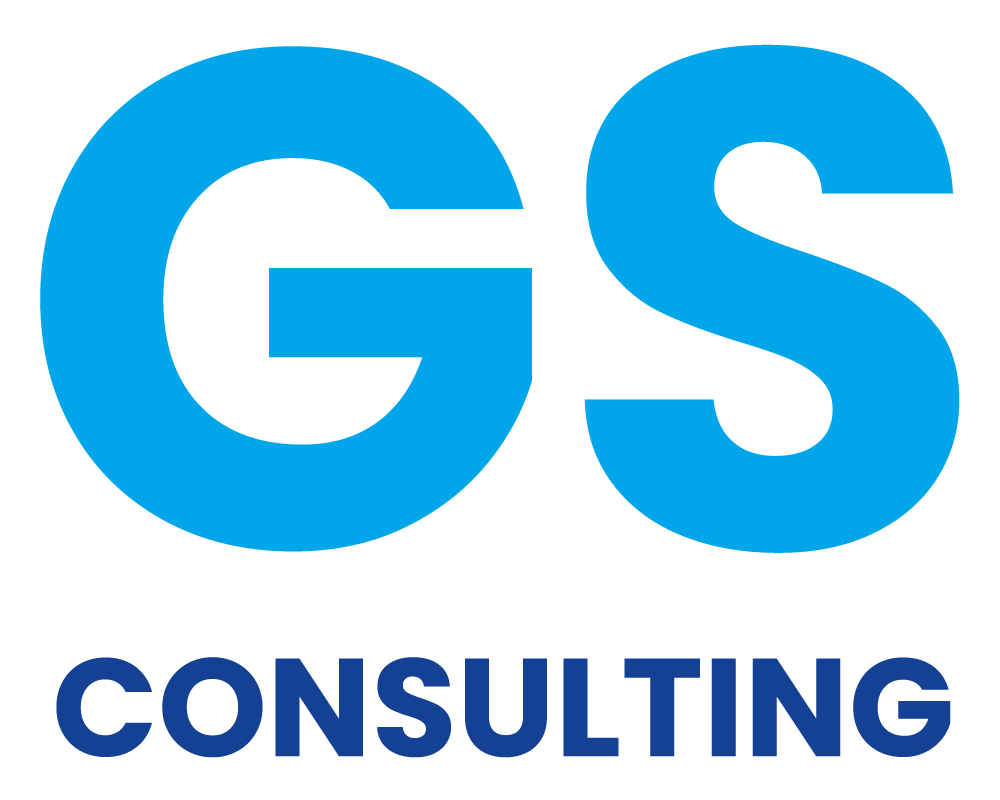Tips for Choosing the Right Surrogacy Agency
- February 2, 2023
- Posted by: Surrogacy Global
- Category: Blog

Surrogacy agencies play a critical role in fostering safe, smooth, and positive experiences for both surrogates and intended parents. So it is incredibly important to make sure you choose an agency you trust. However, with the surrogacy industry growing around the world, there is an endless number of agencies to choose from. Unfortunately, not all agencies are equal in the service and care they offer to surrogates or intended parents which can bring about unnecessary challenges.
Fortunately, there are reputable agencies that are committed to the highest standards — resulting in consistently positive journeys and countless happy families. That’s why it’s so important to choose the best surrogacy agency for your needs. Here are seven essential things to look for in a surrogacy agency.
How experienced is the surrogacy agency?
While there’s no guarantee that a long-established surrogacy agency will provide the top-notch service you deserve, you want to choose an agency that has a proven record of successful journeys. Be sure to ask the agency how long they have been in business, how many families they have helped to create, and how their reputation has evolved (or remained consistent) over the years.
Who will be your point person at the surrogacy agency?
A reputable surrogacy agency should be responsible for overseeing your entire surrogacy journey, start to finish. Communication with your agency will be key, then, to ensure you have as smooth of a surrogacy process as possible. The truth is that no surrogacy journey is complete without some bumps in the road, whether it be a failed surrogacy match or an IVF cycle. When those complications arise, you want to make sure you have a trusted point of contact at your surrogacy agency to help you through them.
What services does the surrogacy agency provide?
Each surrogacy agency operates somewhat differently, so it’s important to know what specific services your agency offers, and does not offer, prior to signing a contract with them. Some surrogacy agencies provide comprehensive services, meaning they will handle your surrogacy journey start to finish, from matching you with your surrogate to providing all legal needs in house. Other agencies act more as facilitators, and will connect you to these professionals outside of their own organization. Be sure to get a full rundown of the exact service your agency provides before you agree to work with them.
How does the agency screen and match surrogates and intended parents?
It is best to work with an agency that places a heavy emphasis on the relationship between you and your surrogate. The process is incredibly intimate and emotional, and a strong bond between you and your surrogate will help to smooth the journey. Still, the surrogate screening process works differently at each agency. Some agencies will conduct extensive screenings of their surrogates well before you have the opportunity to match with them. This will include physical and mental screenings, a background check, an inspection of their financials, and a thorough examination of her family and support system. This is often a rigorous process. Agencies that conduct thorough screenings prior to the matching phase tend to accept less than 5% of the total surrogate applicants. Other agencies conduct only some of this screening upfront, and the rest only once you’ve matched with her. This matching process can still work well, and can reduce the cost somewhat—but it will also increase the likelihood of a failed match later on.
How does the surrogacy agency structure its costs?
Each surrogacy agency has a slightly different cost structure. Some agencies impose a flat fee, meaning all of their services—including matching, screening, legal fees, case management, and more—will be included in one guaranteed price. On the surface, flat fee structures can often appear more expensive than agencies that charge intended parents for each individual service. But a flat fee can help protect intended parents financially in the event of an unforeseen complication. For example, if you experience a “failed match” with your surrogate for any reason, an agency with a flat fee would not charge you for the costs associated with matching you with a second surrogate.
